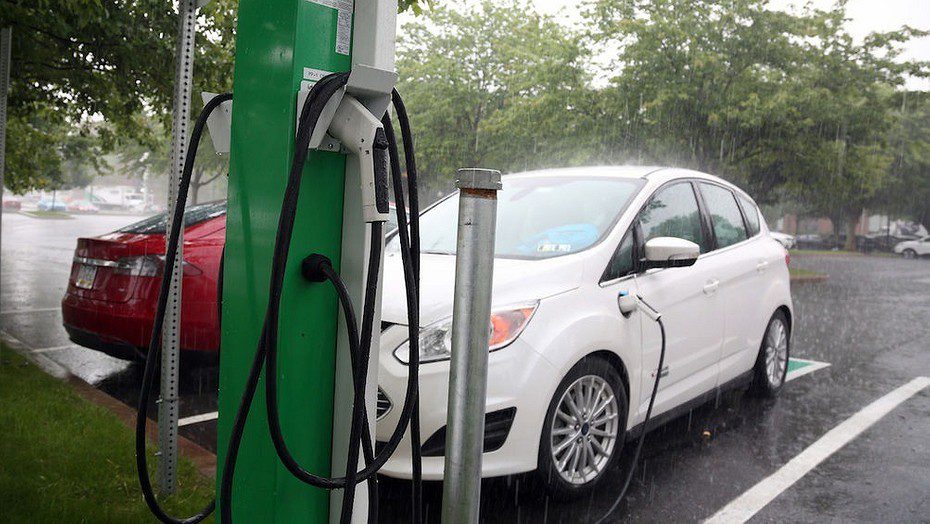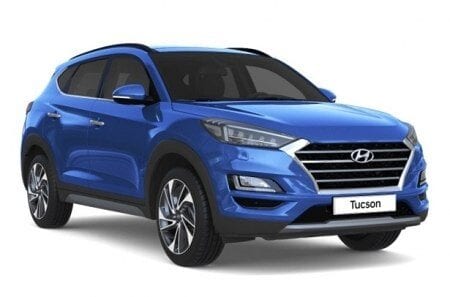
Answers to the top 8 questions about electric vehicles
Content
- 1. Can electric cars drive on water?
- 2. Are electric vehicles as reliable as petrol or diesel vehicles?
- 3. Will I get free parking if I drive an electric car?
- More EV guides
- 4. Can electric vehicles be towed?
- 5. Can electric vehicles drive in bus lanes?
- 6. Can electric vehicles tow a caravan?
- 7. Does an electric car need oil?
- 8. Are electric vehicles quieter?
New to the world of electric vehicles? If so, you will probably have a lot of questions. Here's our guide to the most common questions about electric vehicles.
1. Can electric cars drive on water?
We all know that electricity and water tend to be incompatible, but you don't need to worry - car manufacturers haven't forgotten to make electric vehicles waterproof. You can drive them through a certain amount of standing water in the same way you can drive a petrol or diesel car.
Just like gasoline and diesel cars, electric cars can handle different amounts of water depending on the model. If you want to know how much water a car can safely pass through without any problems, you need to know the wading depth that is listed in your car's owner's manual.
Typically, you will find that an electric vehicle and its petrol or diesel equivalent will have roughly the same fording depth. However, driving through floods is risky whether your car runs on electricity or regular fuel. It's very hard to know how deep still water really is, but if you have to drive through it, be careful, drive slowly and always check your brakes afterwards to make sure they're still working.
Jaguar I-Pace
2. Are electric vehicles as reliable as petrol or diesel vehicles?
Electric vehicles tend to be very reliable because they have fewer moving parts under the hood that can fail or wear out. However, if they break, you will usually need a professional to fix them. You can't fix an electric car on the side of the road as easily as you can fix a gas or diesel car.
Nissan Leaf
3. Will I get free parking if I drive an electric car?
Some cities work clean air zone initiatives that offer you reduced parking rates if you drive an electric car. In London, many areas offer EV drivers free parking permits for 12 months, and many councils across the UK have a similar policy. For example, the Green CMK parking permit in Milton Keynes allows you to park for free in any of the municipality's 15,000 purple parking spaces. It's also worth checking with your local authorities if they offer free parking while you charge your electric car at a public charging station. Most large supermarkets now have reserved spaces for electric vehicles that can be charged while you shop, so you can grab a parking spot when your diesel-powered neighbor can't.
More EV guides
Should you buy an electric car?
The best electric cars of 2022
Electric Vehicle Battery Guide
4. Can electric vehicles be towed?
Manufacturers advise against towing electric vehicles because they don't have the same neutral gear as conventional combustion engine vehicles. You can damage an electric car if you tow it, so if you break down you should always call for help and let a recovery service load your car onto a flatbed truck or trailer instead.
5. Can electric vehicles drive in bus lanes?
It really depends on the area or city. Some councils, such as Nottingham and Cambridge, allow electric vehicles to use bus lanes, but other authorities do not. London used to allow electric cars to use bus lanes, but that trial period has ended. It's best to check locally to make sure you're aware of any rule changes.
6. Can electric vehicles tow a caravan?
Yes, some electric vehicles can tow a caravan, and the inherent pulling power of electric motors tends to make them suitable for hauling heavy loads. There is a growing number of electric vehicles that can legally tow, from affordable VW ID.4 to more luxurious Audi Etron or Mercedes-Benz EQC.
Towing a caravan can consume a lot of battery power, which means your electric vehicle's range will decrease faster. Although it can be a bit inconvenient, a petrol or diesel car also consumes a lot of extra fuel when towing. Plan to stop at public charging stations on long journeys and you can charge your battery while stretching your legs.
7. Does an electric car need oil?
Most electric vehicles do not require oil because they do not have an internal combustion engine with moving parts. This helps reduce maintenance and repair costs because you don't have to worry about changing your oil regularly. However, some electric vehicles have gearboxes that require an oil change from time to time, and you will still need to check and top up other fluids such as power steering fluid and brake fluid regularly.
8. Are electric vehicles quieter?
Electric vehicles will reduce road noise because they don't have engines that tend to make traffic noise. Although the sound of tires, wind and road surfaces will still be heard, the noise outside the window can be significantly reduced. The health benefits of less road noise are huge, from improved sleep to reduced stress, a huge plus for everyone.
Kia EV6
There are many quality used electric vehicles to choose from at Cazoo and now you can get a new or used car with Kazu's subscription. Just use the search feature to find what you like and then buy, fund or subscribe to it online. You can order delivery to your door or pick up in the nearest Cazoo Customer Service Center.
We are constantly updating and expanding our range. If you're looking to buy a used car and can't find the right one today, it's easy set up promotional alerts to be the first to know when we have vehicles that suit your needs.

